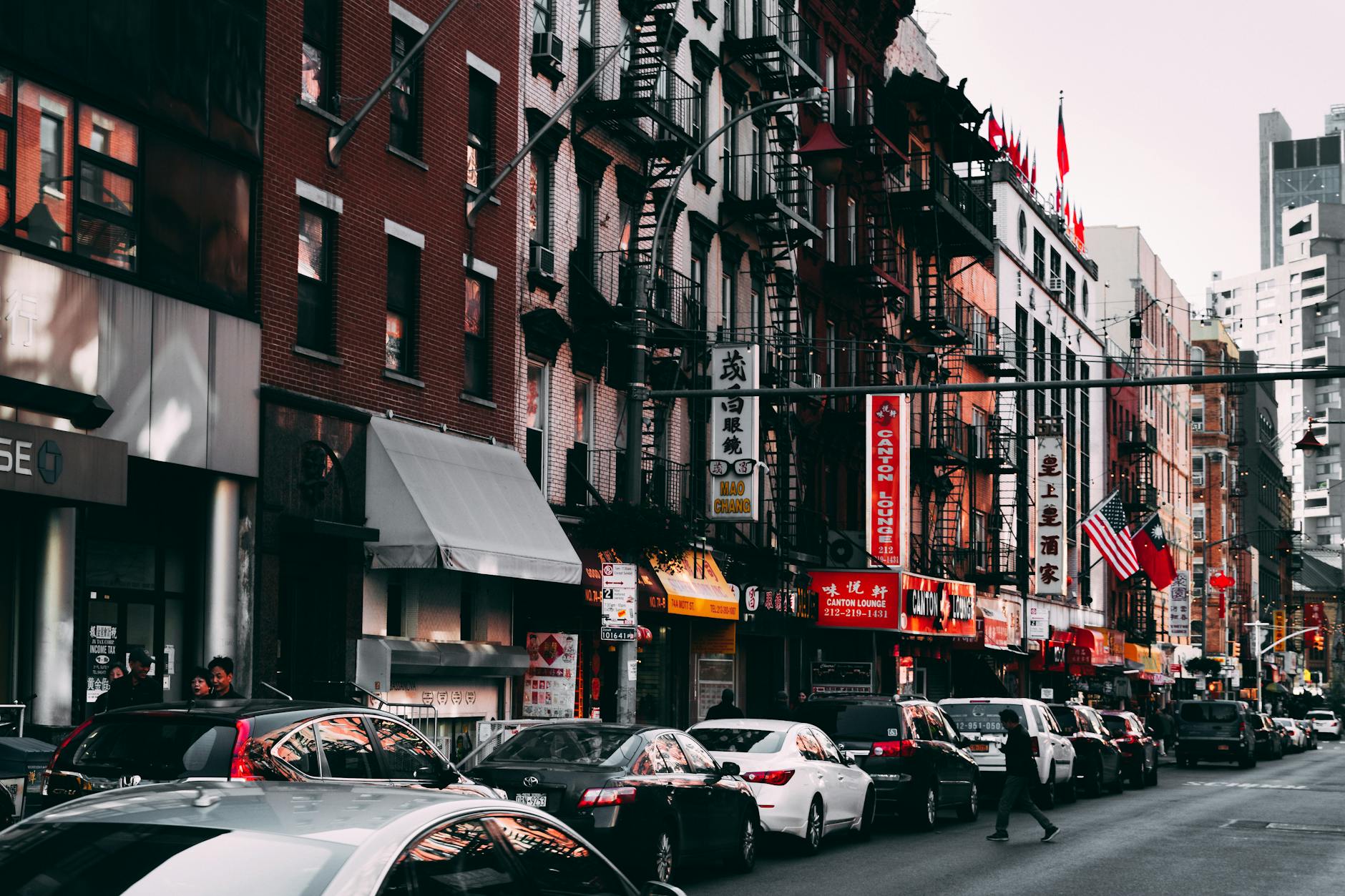How to Choose Eco-Friendly Dresses for Events in Australia

Identifying Eco-Friendly Fabrics
Sourcing eco-friendly fabrics is a crucial step toward sustainable fashion choices. As residents of bustling Melbourne, you might find inspiration walking through the serene Royal Botanic Gardens, surrounded by nature's sustainable designs. When selecting midi dresses, consider the fabrics used. Organic cotton, for instance, is a popular option due to its reduced use of pesticides, conserving soil and water resources. It's not only gentler on the planet but also on your skin.
Understanding Sustainable Materials
Sustainable materials, such as bamboo and hemp, are rising stars in the eco-fashion scene. Bamboo requires minimal water and no pesticides, making it an excellent renewable resource. Meanwhile, hemp grows quickly and enriches the soil, offering durability perfect for a floral dress you'll love wearing for many seasons. Opting for these materials means you're supporting a greener planet.
Benefits of Organic Textiles
Organic textiles offer numerous benefits beyond sustainability. They are often softer and less likely to cause allergies, ensuring comfort without compromising fashion. Plus, when wearing wedding guest dresses made from these materials, you champion ethical production, aligning with the ecological values many Melbournians cherish.
Choosing Recycled Fabrics
Recycled fabrics transform waste into stylish clothing options. Whether it's recycled polyester or repurposed denim, these materials reduce landfill usage and lower carbon footprints. When you incorporate them into your wardrobe, you're making a tangible impact on the environment. This eco-conscious mindset not only refreshes your fashion choices but also empowers you to contribute to a more sustainable future.
Ethical Production Essentials
Fair Trade Certifications
In a city like Melbourne, where sustainability is a lifestyle, it's important to understand fair trade certifications when scouting for ethical clothing. These organisations ensure that producers receive a fair wage and work in safe environments. When you're strolling through sustainable markets at Queen Victoria Market, look for labels that indicate fair trade practices. This not only supports global worker rights but ensures transparency from field to wardrobe.
Ensuring Worker Welfare
Ethical production goes beyond materials. It's crucial to consider the well-being of those who create the garments we love. Brands that prioritise worker welfare typically invest in sustainable practices like ensuring fair wages and safe working conditions. By choosing such brands, you directly contribute to the betterment of the workforce instead of indulging in fast fashion.
Recognizing Transparency in Brands
Transparency within brands is key to understanding their ethical standing. Look for brands that openly share their production processes and certification with consumers. Many eco-conscious brands, including those offering summer dresses and the breathable linen dress options, pride themselves on transparency. These brands often lead community initiatives or participate in environmental workshops, much like those found at the Melbourne Recital Centre. Opting for transparent brands allows you to align with responsible fashion choices confidently.
Styling for Various Events
Selecting for Formal Occasions
When choosing an outfit for a formal event, like a wedding or a gala, selecting pieces that align with your eco-conscious values is essential. Consider opting for a midi dress. Not only do they offer a sophisticated look suitable for formal settings, but their versatility makes them a sustainable choice. The streamlined nature of a midi dress provides an elegant silhouette, ideal for such events while maintaining a commitment to minimalism through a more utilitarian wardrobe.
Casual Event Considerations
For casual gatherings, it's all about comfort and ease. Here, the focus shifts to more relaxed and breathable materials. Selecting bridesmaid dresses made from organic cotton or linen provides not only comfort but also sustains your ethical values. These fabrics are renowned for their breathability, making them perfect for casual get-togethers—whether you’re lounging at the Royal Botanic Gardens or visiting the sustainable markets at Queen Victoria Market.
Versatile Styling Tips
To truly embrace an eco-conscious lifestyle, versatility should be a guiding principle in your wardrobe. Choose pieces that can easily transition across different settings with minimal changes. Invest in accessories that can elevate or downplay your attire according to the occasion. A timeless black dress paired with varying shoes and small jacket changes can seamlessly move from day to evening wear, ensuring style without sacrificing sustainability.
Maintaining Your Dresses
Eco-Conscious Cleaning Methods
Preserving garments sustainably can be achieved by adopting eco-friendly cleaning practices. Start by selecting cold water washes; not only does this reduce energy consumption, but it also prolongs the lifespan of clothes like your sequin dress. Avoiding harsh chemicals in detergents is essential; instead, opt for biodegradable or plant-based options. For those stubborn stains, white vinegar and baking soda can work wonders without harming the fabric. Drying your clothes naturally outside is another great practice, as tumble dryers can degrade delicate fabrics like a black dress over time.
Storage Tips for Longevity
Proper storage can significantly extend the life of your dresses. Use wooden or padded hangers to maintain the shape and avoid metal ones that may rust. For long-term storage, consider garment bags made from organic materials. Ensure your closet is cool and dry to prevent mould and moth infestations. Limiting exposure to sunlight is also critical to avoid fading, ensuring your wardrobe remains as vibrant as ever.
Upcycling Options for Wardrobe
Reinventing your wardrobe through upcycling not only saves money but also contributes positively to the environment. Transforming an old dress into a new fashion piece, like altering a black dress into a chic top, is a great start. Attend workshops, potentially at the Melbourne Recital Centre, to learn creative techniques and discover inspiration for updating your collection. This approach embraces environmental consciousness in style and practice, leaving you with a refreshed wardrobe and a smaller carbon footprint.
Avoiding Common Pitfalls in Sustainable Fashion
Overlooking Fabric Origins
One major oversight often made is disregarding the origins of the fabric. As a sustainability expert in Melbourne, I emphasize the importance of understanding the material composition of your garments. Opt for fabrics like organic cotton or Tencel, which are sourced and manufactured with minimal environmental impact. Next time you visit the sustainable markets at Queen Victoria Market, keep an eye out for labels that detail the fabric's journey from field to closet.
Neglecting Brand Practices
When it comes to sustainable fashion, the brand's ethos is as crucial as the product itself. Many consumers fail to research the ethical practices behind the brands they support. Check for credentials like fair trade or B Corp certifications, ensuring that the brand values align with your dedication to a more sustainable lifestyle. Perhaps during your visit to environmental workshops at the Melbourne Recital Centre, you could learn more about recognizing trustworthy labels.
Failing to Prioritize Longevity
Longevity should be at the heart of any sustainable wardrobe. A common mistake is purchasing items without considering their lifetime—leading to premature discardment. Invest in pieces designed to last, and incorporate simple maintenance habits, like eco-conscious cleaning methods and proper storage. By focusing on longevity, you'll contribute less to the fashion waste cycle and make fewer trips to the Royal Botanic Gardens with an unknown carbon footprint looming overhead.
Empowering yourself with these eco-conscious lifestyle suggestions not only enhances your wardrobe but significantly benefits our environment.


